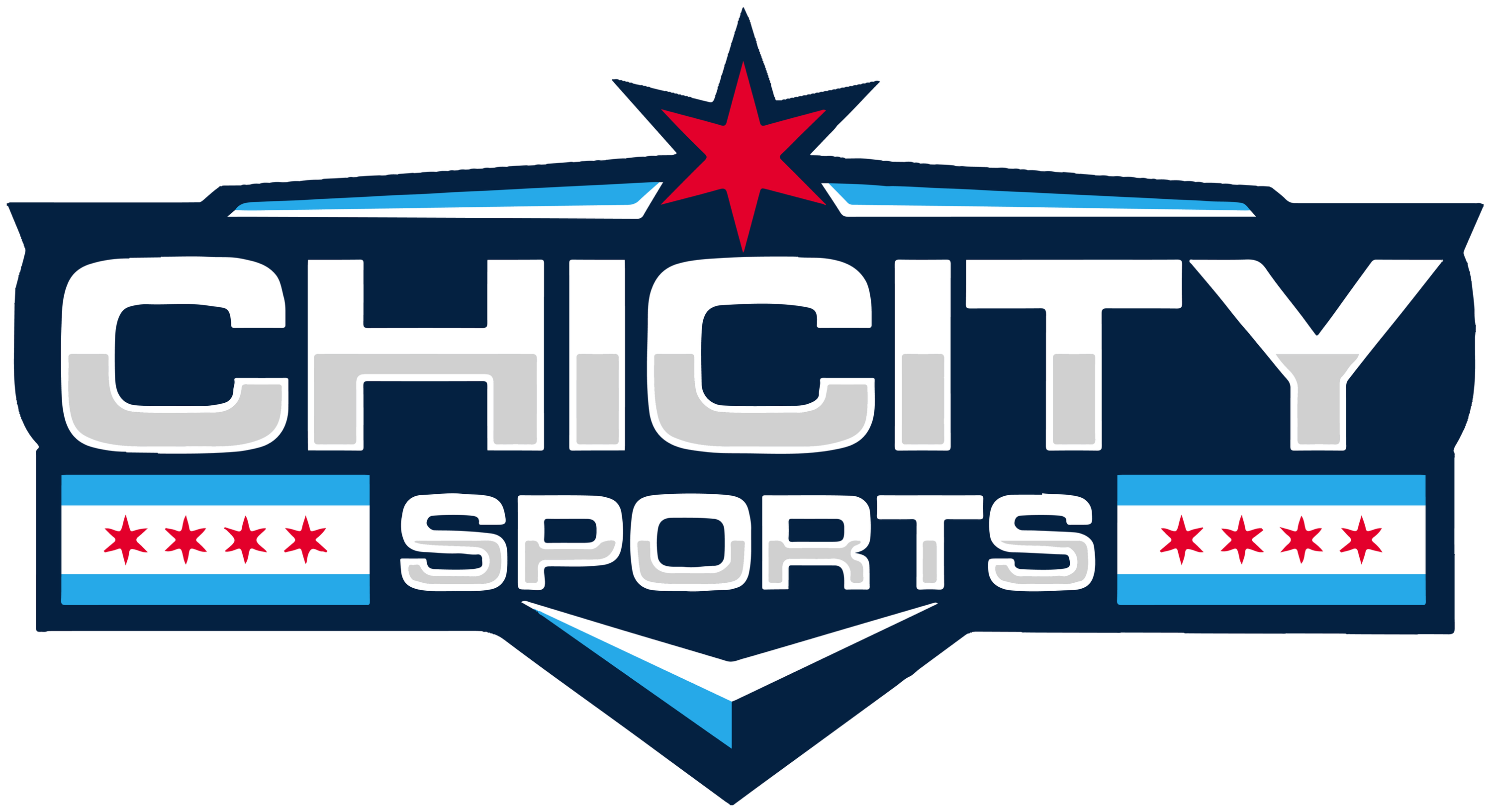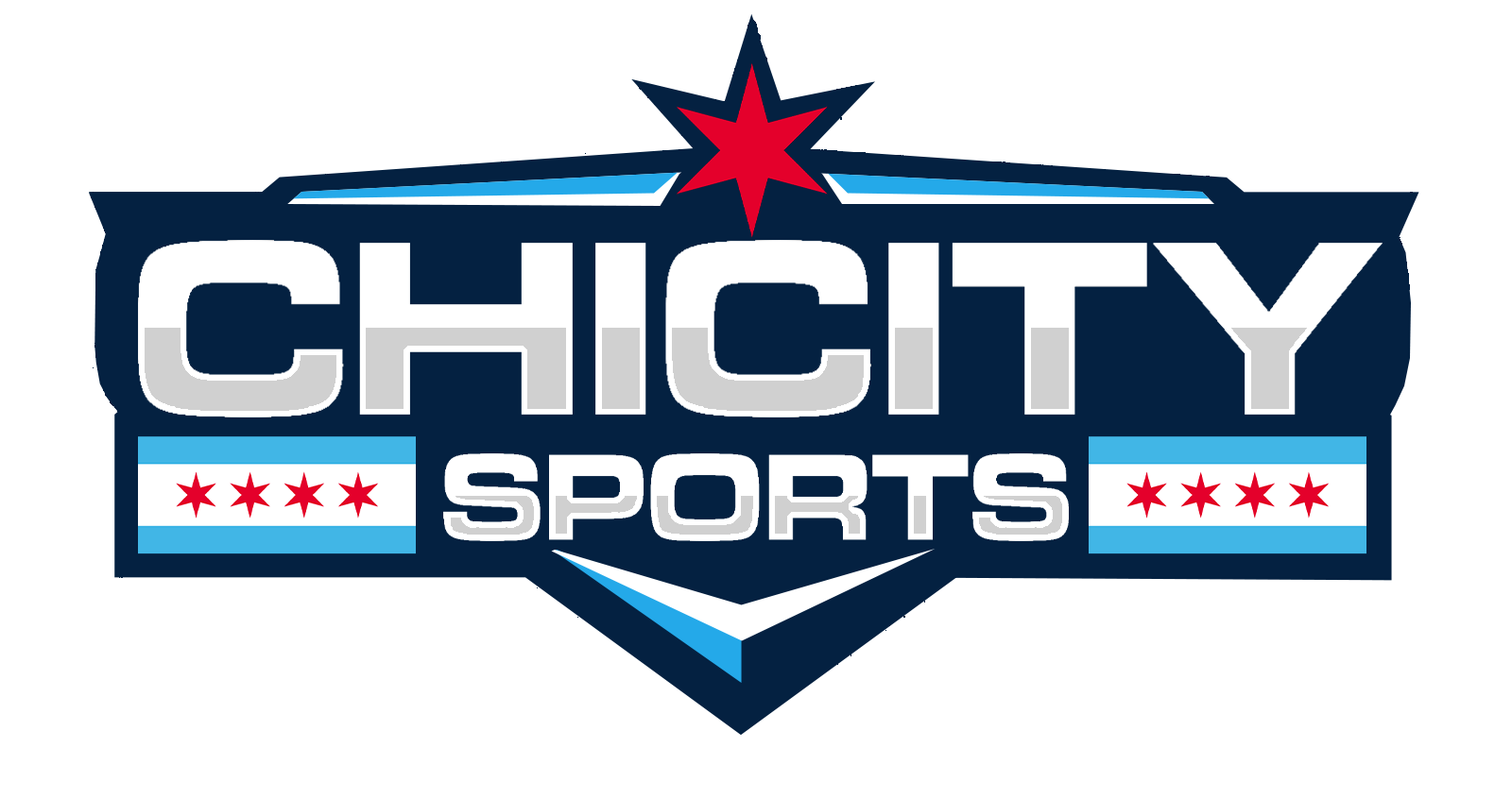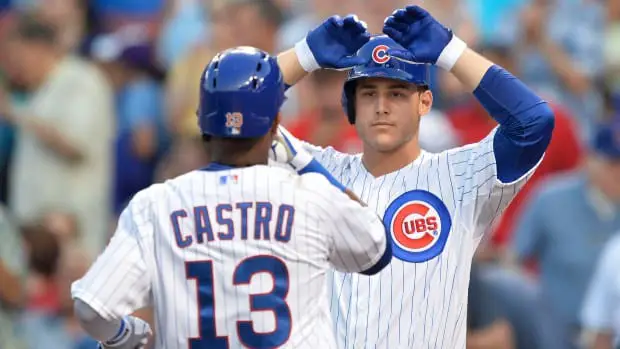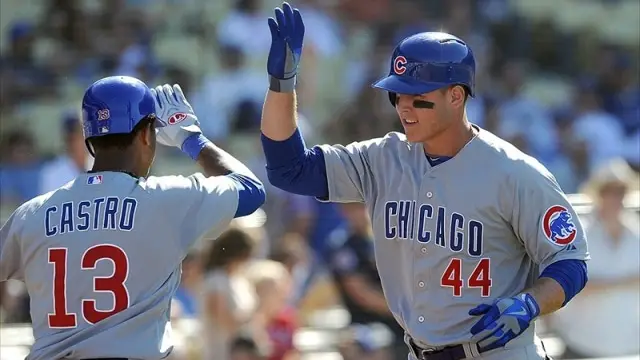“Lovable Losers” is a label often affiliated with Cubs lore due to the countless agonizing, unsuccessful seasons. Yet, Cubs fans everywhere continue to support a franchise that has not been involved in the game’s most glorious spectacle since 1945.
What’s astounding is that an organization whose last World Series Championship came six years before the start of World War I is among the top financially successful franchises in Major League Baseball.
Crowds incessantly fill historic Wrigley Field by the millions dating all the way back to 1914 (then called Weeghman Park), but the play on the field is not what continues to draw fans in. The whole-hearted nation of Cubs’ fan dome who possess the “We’ll get ‘em next time” attitude accompanied by traditions that include 7th inning stretches — be it horribly sung by clueless irrelevant tv stars, raising a flag that signifies the outcome of a game, and singing “Go Cubs Go” after a win; ironically when the lyrics are, “The Cubs are gonna win today,” are some of the things that make this organization lovable.
After the Tribune company purchased the Cubs in 1981, traditional attitudes seemed to surface more frequently than radical thinking, which left Wrigley Field more-or-less untouched through the end of the 20th century and into the new millennium. As times changed, so did baseball and it’s ball parks. They incorporated giant jumbo-trons and video boards that displayed players statistics along with scores of games from around the league.
However as ballparks continued to modernize, the Tribune company had no intentions of altering the historically dated Wrigley Field. Not only did the park remain the same, but so did the product on the field. It seemed as though the Cubs were at a stand still and after disappointing playoff finishes in 2003, 2007 and 2008, it was apparent that progressive thinking was about to rear its lovely head.
In steps billionaire Tom Ricketts in 2009, ready to make a change that was desperately needed. Two years later, following yet another disappointing season in 2011, a new regime took over as Theo Epstein and Jed Hoyer were given the keys to the historic franchise.
Epstein had prior success with another historic franchise that had their own championship drought, so why can’t he bring a World Series trophy home to Chicago? Well, things were a lot worse in Chicago than Epstein may have thought when he took the position as President of Baseball Operations. Everything was one giant mess and it couldn’t be cleaned overnight.
In an attempt to modernize Wrigley Field, Ricketts, Epstein and company had envisioned a plan to renovate the historic ballpark in a similar way Epstein did to Fenway Park in Boston, which took ten smooth years to complete. Unfortunately, the Wrigley renovation process is running anything but smoothly and may take up to ten years to complete when it’s all said and done compared to the originally envisioned five. Rooftop owners and the city council aren’t even the worst of Epstein’s problems.
On the baseball side of things, Epstein had to believe that there was something within the Cubs’ organization he can build on. Sadly for him, current general manager Jed Hoyer’s predecessor, Jim Hendry, just finished shipping off ace prospect Chris Archer for Matt Garza at a time where losing was imminent, signed the then 31-year-old Alfonso Soriano to an eight-year, $136 million contract, and was responsible for the 16th best farm system in all of major league baseball; in large part due to players such as Starlin Castro, Junior Lake and Andrew Cashner, among others. It was then where Epstein realized that this project wasn’t going to be a quick fix, not by a long shot.
In a time where a team’s farm system pretty much determines a franchise’s long-term success, the 40-year-old Yale graduate went to work rebuilding his organization from the ground up. Stocking up on draft picks, investing heavily in international prospects and trading away fill in players for potential everyday guys is Epstein’s recipe for success. Taking shortcuts by throwing away millions of dollars to veteran free agents is not the designed way to create a winner for years to come. It’s evident that teams would rather resign home-grown players instead of investing in free agency; well, besides the Yankees.
Look at the Atlanta Braves for example. This offseason they invested over $280 million in core guys like; Jason Heyward, Freddie Freeman, Julio Teheran, Craig Kimbrel and Andrelton Simmons, who were all once top prospects in the Braves’ minor league system. Let’s use the Tampa Bay Rays as another example. An organization with so many restraints being a small market team has done all the right things to stay competitive over the past six seasons, in large part due to their talented young farm system.
Under Hendry and the Tribune company, it felt as though the Cubs were stuck in the mud, often signing big name free agents in the offseason and trading away valuable prospects. After Epstein, Hoyer and Ricketts arrived, it felt like a breath of fresh air was perceived by every Cubs fan. Their plan: start from scratch. A major league organization that sees success with their big league club is a product of a developed farm system. The old saying, “Rome wasn’t built in a day” ties in perfectly as to where the Cubs are at currently.
The problem with building a farm system from scratch is that it takes a great deal of time and it doesn’t always work. Patience is a virtue, especially for Cubs fans, and as we enter the third year of Epstein and Hoyer, winning will not be on the proverbial horizon in 2014. However for now, winning does not matter. What does matter is the development of potential superstar prospects that could propel this franchise out of its pathetic shell.
As fans, we are pushing through the unbearably bad seasons in an effort to look ahead to a bright light at the end of a very narrow tunnel. As painful as waiting may be, there is no need to rush the process. Let the young players such as Javier Baez, Albert Almora, Jorge Soler, Kris Bryant, Cj Edwards, and others develop at their own pace and let the fill in names be just that; place holders for better players to come. The problem isn’t whether or not the Cubs believe in the “plan” because they do. The problem is the outrageous idea of jumping ship when times are tough from the media.
Investing in big money free agents is out of the question for now, but the time will come to make a move. It may even happen this offseason when big name starting pitchers hit free agency. David Price, perhaps?
No matter how long it takes, the Cubs will continue to stay on course because Hoyer and Epstein don’t care about any outsider’s opinion. Fans voices are heard, and their sense of frustration is well received by Cubs’ upper management. Just look at the attendance numbers, which have gone down each of the last three seasons — and rightfully so. Epstein will continue to answer the same ridiculous “What are you doing with this organization and when will there be results” question that’s been asked a million times before the same way he always has; with patience.
The Cubs are nearing the homestretch of this awful run where they’ve experienced a combined 197 losses in two seasons and this year could be a repeat of seasons past. It’ll all be worth it in the end and the “Lovable Losers” will be anything but losers anymore.
For More Great Chicago Sports Content
Get the latest Chicago sports news, analysis, and breaking stories on the Bears, Bulls, Blackhawks, Cubs, White Sox, Sky, and more! Tap the star to add us to your favorites on Google News, so you never miss a story on your favorite Chicago teams.
Follow us on Twitter at @chicitysports23 for more great content. We appreciate you taking time to read our articles. To interact more with our community and keep up to date on the latest in Chicago sports news, JOIN OUR FREE FACEBOOK GROUP by CLICKING HERE





1 Comment
Good stuff….ruta